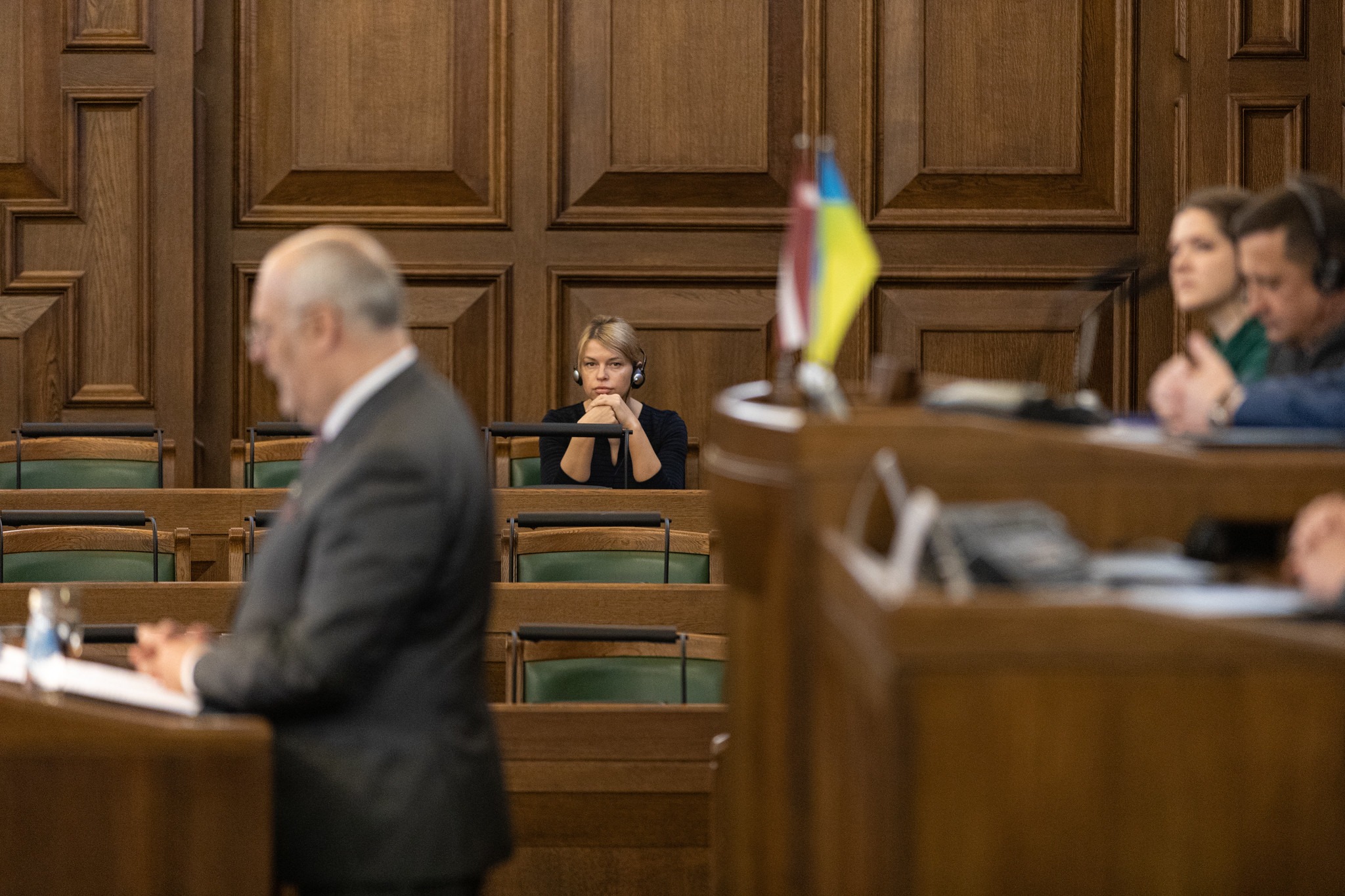
Main narratives:
- Latvians are Russophobic;
- Latvia is a failed state.
Overview:
The Union of New Latvians, led by Glorija Grevcova and Rūdolfs Brēmanis, has been gaining significant traction on social media platforms like TikTok and Facebook, outperforming other populist figures in terms of engagement. Their recent posts focus on four main narratives.
The party promotes a narrative of economic and social decline, claiming that Latvia ranks worst in Europe across all metrics and arguing that this alleged poor performance is driving a population exodus from the country. This messaging taps into the populist narrative that the current government and political elite have completely failed.
Another prominent theme revolves around alleged anti-Russian discrimination, with claims of widespread “Russophobia” in Latvia. They assert that Grevcova is unfairly labeled as “pro-Kremlin” by political opponents and reference assertions of Latvians claiming that the “Russian language is evil.” Their posts position the party as the legitimate representatives of Latvia’s Russian-speaking population against perceived oppression.
The Union also promotes anti-globalist conspiracy theories, making claims about alleged 1 million people supposedly demonstrating in Paris against “globalists”. They use sensationalist language and capitalization to emphasize perceived globalist threats, appealing to voters suspicious of international institutions and influence.
Finally, their content includes targeted criticism of political opposition, specifically attacking the Harmony party with accusations of employing personal attacks rather than substantive policy discussions. They present Grevcova as the authentic representative of Russian interests in Latvia, contrasting her with other political opponents.
The party, previously a fringe political group comprising “Sovereign Power” and “Union of New Latvians,” is now projected to potentially cross the 5% threshold required for representation in the upcoming June Riga city council elections.









